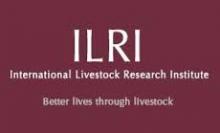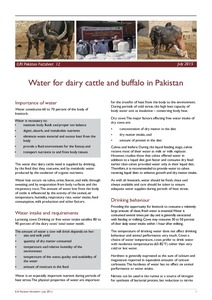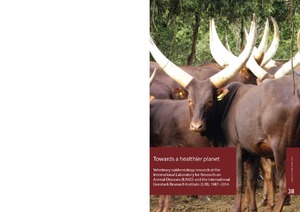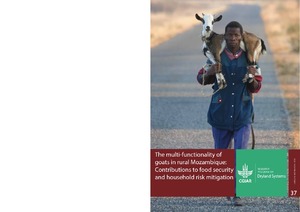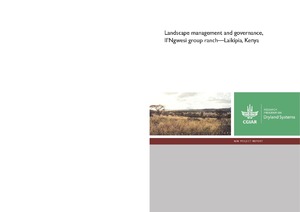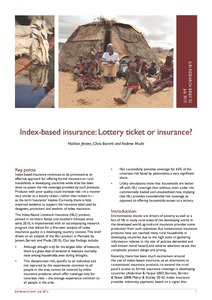Location
Vision, mission and strategy
ILRI's strategy 2013-2022 was approved in December 2012. It emerged from a wide processof consultation and engagement.
ILRI envisions... a world where all people have access to enough food and livelihood options to fulfil their potential.
ILRI’s mission is... to improve food and nutritional security and to reduce poverty in developing countries through research for efficient, safe and sustainable use of livestock—ensuring better lives through livestock.
ILRI’s three strategic objectives are:
- with partners, to develop, test, adapt and promote science-based practices that—being sustainable and scalable—achieve better lives through livestock.
- with partners,to provide compelling scientific evidence in ways that persuade decision-makers—from farms to boardrooms and parliaments—that smarter policies and bigger livestock investments can deliver significant socio-economic, health and environmental dividends to both poor nations and households.
- with partners,to increase capacity among ILRI’s key stakeholders to make better use of livestock science and investments for better lives through livestock.
This is ILRI’s second ten-year strategy. It incorporates a number of changes, many based on learning from the previous strategy (2000–2010, initially produced in 2000 and modified in 2002), an interim strategy (2011–2012) and an assessment of the external and internal environments in which the institute operates.
Members:
Resources
Displaying 216 - 220 of 1152Water for dairy cattle and buffalo in Pakistan
The multi-functionality of goats in rural Mozambique: Contributions to food security and household risk mitigation
It is widely acknowledged that goats in developing countries fulfill multiple functions and can contribute to improved livelihoods of smallholders. The multi-functionality of goats in rural Mozambique however is fairly unknown. The objective of the paper is therefore to identify and create a deeper understanding of the multiple functions goats currently play in the smallholders sector in Mozambique. The paper takes a sociological approach by advancing the thinking that the functions of goats are socially and culturally constructed, and not ‘given’.

